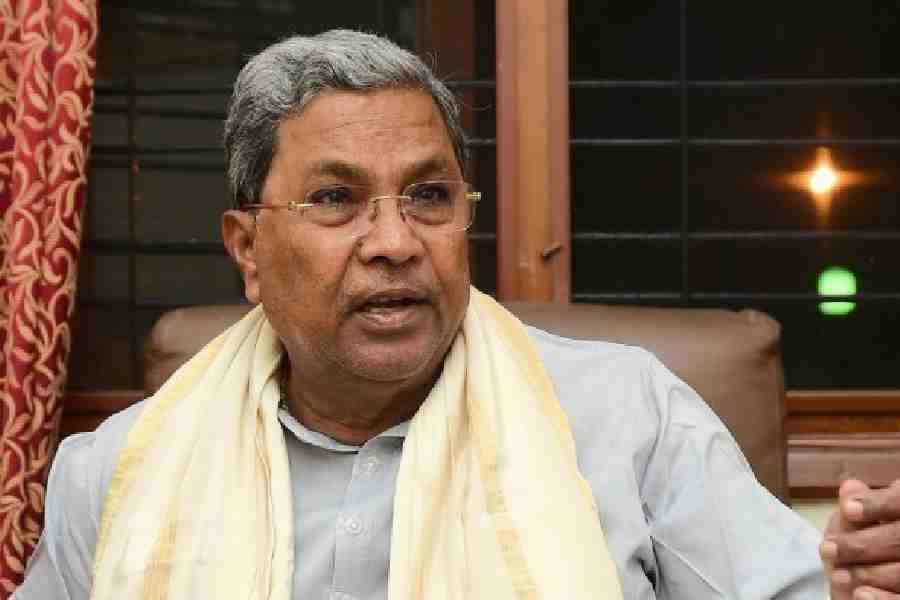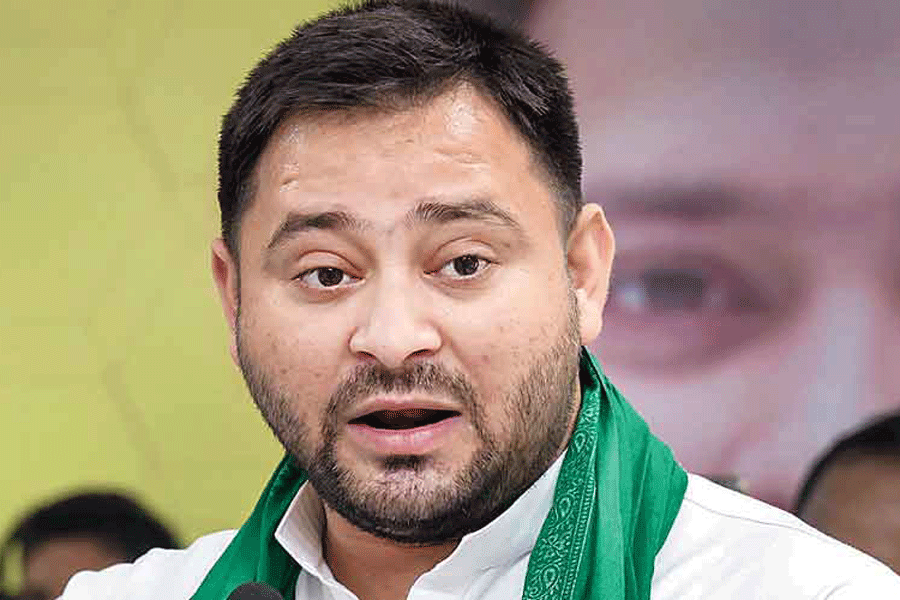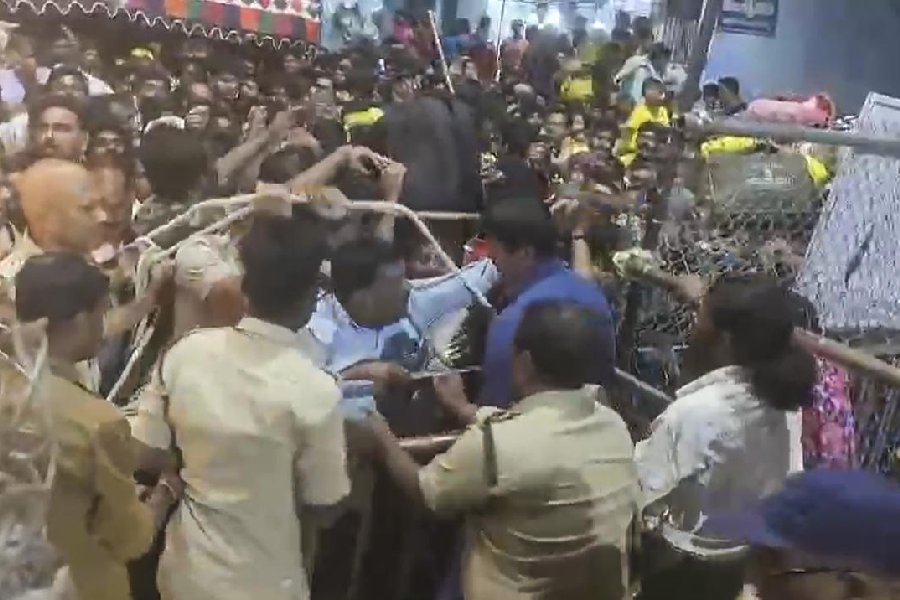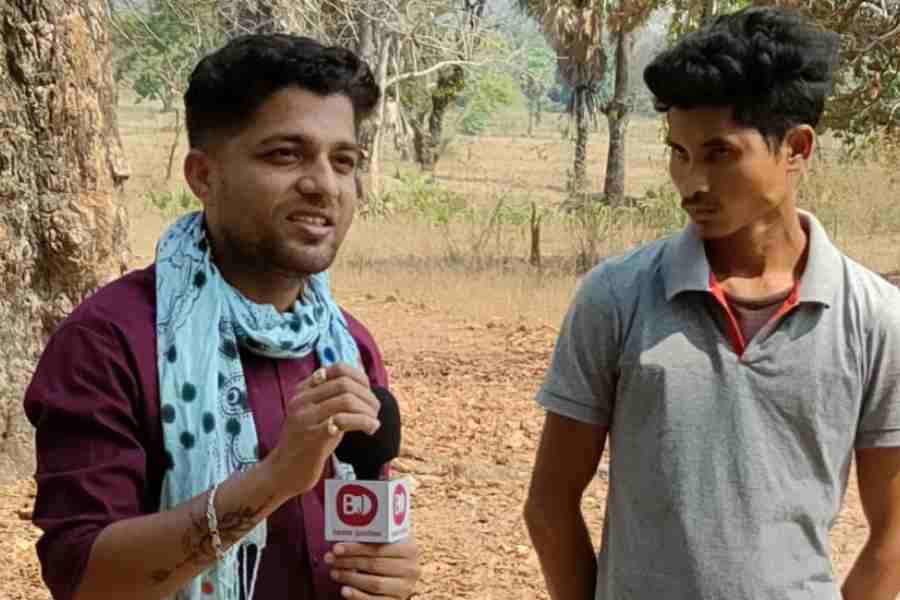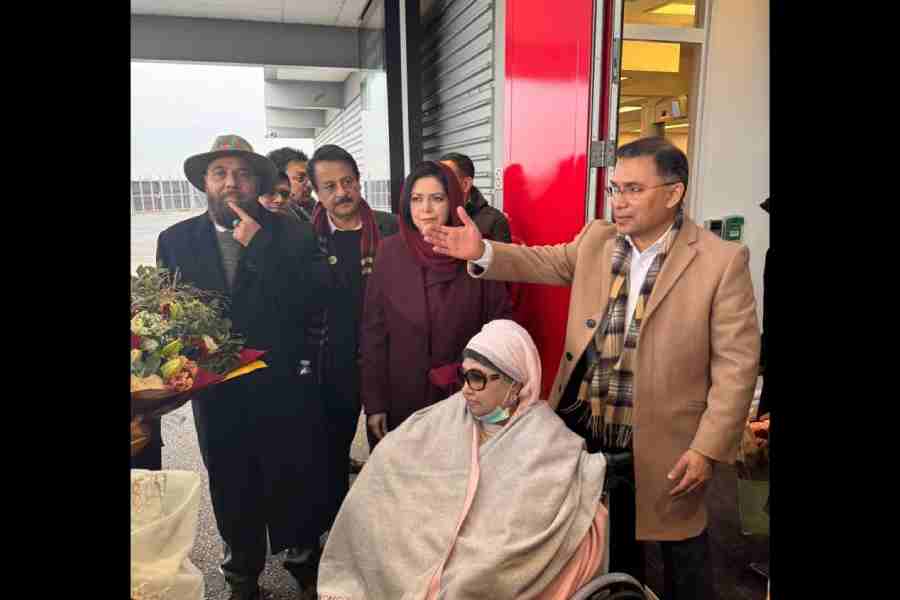Karnataka chief minister Siddaramaiah on Friday said his government would withdraw the contentious National Education Policy (NEP) and would, instead, be formulating one of its own in keeping with the local realities.
He made the announcement while presenting the state budget and stated that the NEP does not suit a nation as diverse as India.
“The National Education Policy implemented by the central government is incompatible with the federal system of governance. It has several anomalies which undermine the Constitution and democracy. A uniform education system does not suit a nation like India, which has diverse religions, languages and cultures,” the chief minister said, quoting from his budget speech.
“A New Education Policy will be formulated keeping in mind the local social, cultural and economic milieu of the state. The new policy will elevate the higher education standards in the state to the global level and empower our youth to compete globally and gain meaningful employment opportunities,” Siddaramaiah said while presenting his fourteenth state budget.
The previous BJP government had implemented the NEP at the higher education level and was gearing up to roll it out in schools when it lost the state Assembly polls in April.
The scrapping of the NEP is in keeping with the state government’s decision announced by deputy chief minister D.K. Shivakumar on May 31 not to implement NEP, which was quickly picked up by neighbouring Tamil Nadu where the DMK government also decided to trash the national policy.
The chief minister also proposed English conversational classes for students of the government higher education institutions in collaboration with the British Council and the Regional Institute of English. “Conversational English classes will be started in all government higher education institutions of the state in collaboration with the British Council and the Regional Institute of English.”
Siddaramaiah announced a project to translate university textbooks in Kannada to help native students cross the language barrier.
“To eliminate language barriers in pursuing higher education and to enable university students to write exams in Kannada, we will translate widely used reference books and syllabi into Kannada.”
Siddaramaiah reiterated his government’s resolve to follow the path of secularism and take everyone along without discrimination.
“I am a firm believer in social justice and democratic values. Our government will follow the path of socialist, secular and democratic values enshrined in our Constitution. At this juncture, I wish to reiterate our commitment to restore people’s faith in social justice, liberty, equality and fraternity.”
“We are committed to taking decisions on matters impacting public interest in an equitable manner by a convergence of diverse thoughts, ensuring freedom to live without fears and with the interdependence of all the people. Justice is not discrimination or polarisation or creating divisions in society. Justice is fairness, justice is empathy and justice is to eliminate economic inequalities by providing greater opportunities for those who are deprived,” he added.
Siddaramaiah announced that Rs 52,000 crore would be spent annually for the Congress’s five guarantees expected to benefit 1.3 crore families in the state.
“Through our five guarantees, in a year, approximately Rs 52,000 crore will be spent and it is expected to reach about 1.30 crore families.This means we will be providing on an average additional financial assistance of Rs 4,000 to Rs 5,000 monthly toeach household, which is about Rs 48,000 to Rs 60,000 every year.
“This is done with the objective of providing a universal basic income for our citizens. This is the first such initiative in the entire country,” he said.
The government has already rolled out Shakti scheme that offers free bus rides to women across the state and Gruha Jyothi that provides 200 free units of electricity each month. The government has also implemented the Anna Bhagya scheme, although it has come in the form of cash compensation for the additional 5kg of rice over the existing free 5kg of rice for each member of BPL and Antyodaya families.
This was done because the Centre rejected the state’s request for an additional 2.28 lakh metric tonnes of rice to be distributed free to the poor. The state government has instead decided to pay cash compensation through direct benefit transfer at the rate of Rs 34 per kg of rice.
Applications are being collected for the Gruha Lakshmi scheme that provides Rs 2,000 to each woman head of the family per month; and the Yuva Nidhi scheme that offers an unemployment benefit of Rs 3,000 to graduates and Rs 1,500 to diploma holders for up to 24 months.

